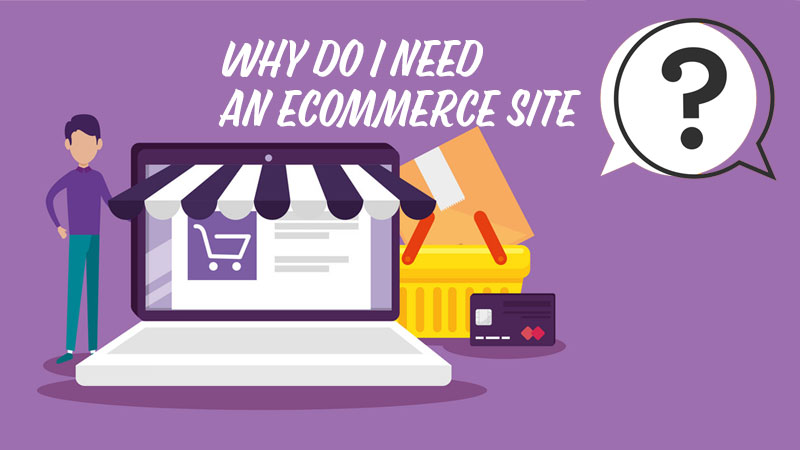
Published on 30 Mar, 2020
One question we’re often asked by retailers is: “Why do I need an ecommerce site – isn’t my Facebook page enough to generate online sales?”
It’s a good question and something that’s worth examining carefully. A digital presence is essential in today’s market, but a bad digital presence can be condemning. There are many advantages of being on Facebook, but there are also potential downsides, and unless a retailer spends a lot of time, effort and money on their Facebook presence it can have a negative impact on their brand and ultimately on sales.
The advantage of using Facebook is that it’s a huge platform, so a strong presence there will help to create brand awareness and drive traffic to both your website and your bricks and mortar store. You can use ‘likes’ to gather sales leads and create offers and competitions to build up your marketing lists. However, you need to take the time to create posts that encourage people to engage with your business and share your content. This means not just posting information and photos of new products, but putting them in context and making them current or fun, so that your brand becomes relatable. You can also post tips and offer advice as a way to build up a distinct personality for your brand.
To make this strategy work, you first need to ensure that people find your page, which will require advertising. With Facebook you can target specific demographics, based on location, age, interests etc., but this comes at a cost. According to recent research, the average cost per click (CPC) for a Facebook Ad across all industries is $1.72.
The second point to consider is the time (and associated resource) to keep your Facebook page updated. Someone in your business will have to manage your page and keep it updated regularly by creating the engaging and relevant content we’ve already mentioned. The minute you start to neglect the page, it looks out of date, as everything is timestamped.
You also need to respond to questions promptly and appropriately. While one of the advantages of Facebook is that it allows direct communication with your customers, and enables them to post positive reviews which provide third party endorsement, it will quickly show if you’re slow to respond to their questions. It’s easy for both dissatisfied customers and competitors to leave bad (and possibly incorrect) comments, which could quickly affect your reputation if not answered quickly and appropriately.
The final point to consider is whether Facebook gives the appearance of professionalism that you want to present for your business. It may be an effective route for a small local retailer who can build awareness through community groups, but if you have big ambitions it may not set the right tone.
Social media offers tremendous possibilities, but it’s vital to use each channel in the way that’s more appropriate for your business. Rather than using Facebook as your main online platform, consider how best to incorporate it into a multichannel ecommerce strategy that is tailored to your time, budget and brand image.
Popular Blogs

Your AI Journey Starts With a Question You Might Not Have Asked Yet


